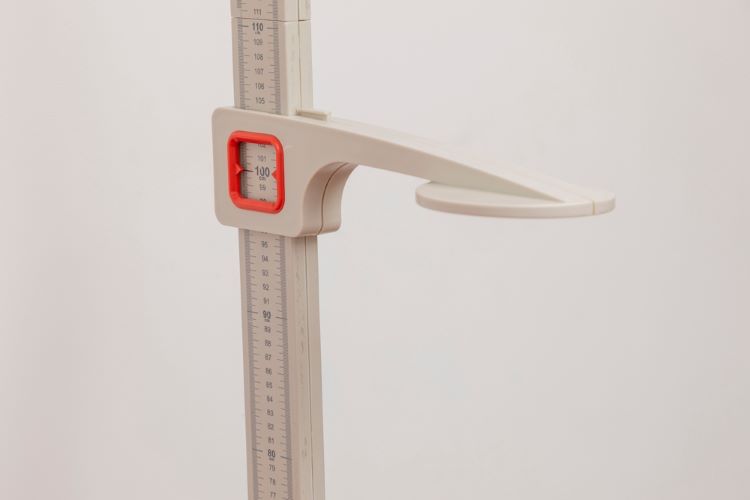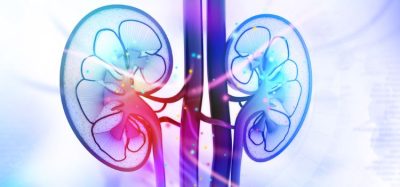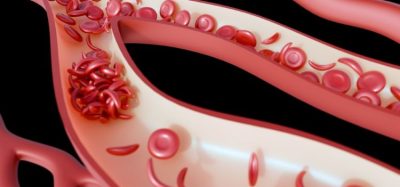Novel medicine could address short stature in children
Posted: 12 April 2024 | Catherine Eckford (European Pharmaceutical Review) | No comments yet
Some patients had excellent responses in Phase II of an innovative trial of vosoritide in paediatric hypochondroplasia, data shows.


The first-of-its-kind global Phase II study for vosoritide has demonstrated that children with hypochondroplasia, a genetic cause of short stature in children, achieved an increased average growth rate of 1.8 cm annually.
[vosoritide] is the first medicine that has been developed to specifically target the pathway involved in hypochondroplasia”
“This is the first medicine that has been developed to specifically target the pathway involved in hypochondroplasia,” commented Dr Andrew Dauber, Chief of Endocrinology at Children’s National Hospital in the US.
The peptide-based treatment was administered by subcutaneous injection at a dose of 15mg/kg/day.
There were 24 participants with a mean age of 5.86 years old involved in the study; half were female.
What did the results show?
The annualised growth velocity increased by 2.26 standard deviation (SD) and the height standard deviation score (SDS) increased by 0.36 SD during the 12-month treatment period. This was compared to the six-month observation period. Hypochondroplasia specific height SDS was shown to increase by 0.38 SD, according to the data.
Additionally, the results demonstrated absolute annualised growth velocity increased from a mean of 5.12 +/- 1.36 cm/year during the observation period. This rate was 6.93 +/- 0.93 cm/year during the intervention period for a mean difference of 1.81 cm/year in participants with hypochondroplasia.
Standing height SDS increased by 0.37 SD during the year of treatment, the researchers noted.
some [of the hypochondroplasia] patients had excellent responses [to vosoritide]”
Dr Dauber stated that the findings from the clinical trial will help support future trials of vosoritide as a treatment for patients with growth disorders. “We’re excited to see how well tolerated the medication was and how some patients had excellent responses.”
Further details of the vosoritide trial
The clinical trial also investigated other growth-related conditions including Noonan syndrome, Neurofibromatosis type 1, Costello syndrome, NPR2 mutations and Aggrecan mutations. Full data for all conditions studied in the trial will be released in due course, the researchers confirmed.
Data from the clinical trial was published in eClinicalMedicine.
Related topics
Clinical Development, Clinical Trials, Data Analysis, Drug Development, Drug Safety, Industry Insight, Research & Development (R&D), Therapeutics









